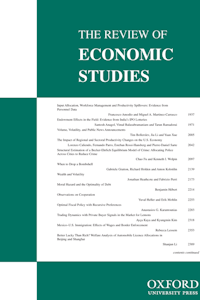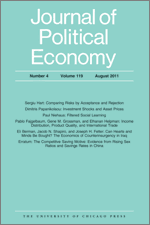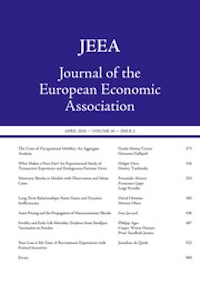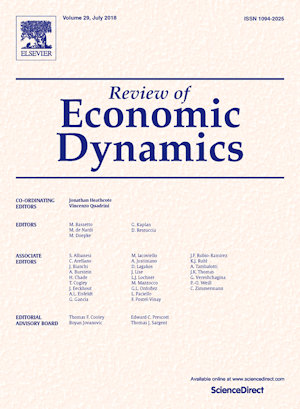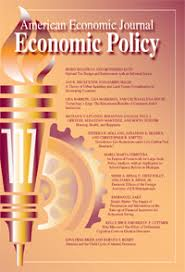
Ajzenman, N., Cavalcanti, T. and Da Mata, D
More than Words: Leaders' Speech and Risky Behavior During a Pandemic
American Economic Journal: Economic Policy
Vol. 15 no. 3 (2023)
Abstract: This paper investigates whether the anti-scientific rhetoric of modern populists can induce followers to engage in risky behavior. We gather electoral information, credit card expenses, and geo-localized mobile phone data for approximately 60 million devices in Brazil. After the president publicly dismissed the risks of the COVID-19 pandemic and challenged scientific recommendations, social distancing in pro-government localities declined. Consistently, credit card expenses increased immediately. Results are driven by localities with higher media penetration levels, active Twitter accounts, and a larger proportion of Evangelical Christians, a critical electoral group.
Keywords: coronavirus, Health, Leadership, Persuasion, Risky Behavior
JEL Codes: D10, I31, Z13
Author links: Tiago Cavalcanti
Publisher's Link: https://www.aeaweb.org/articles?id=10.1257/pol.20210284
COVID-19 Economic Research Special Feature: Do Leaders' Words and Example Affect Citizens' Risky Behaviour During the Pandemic?
Cambridge Working Paper in Economics Version of Paper: More than Words: Leaders' Speech and Risky Behavior During a Pandemic, Ajzenman, N., Cavalcanti, T. and Da Mata, D., (2020)

